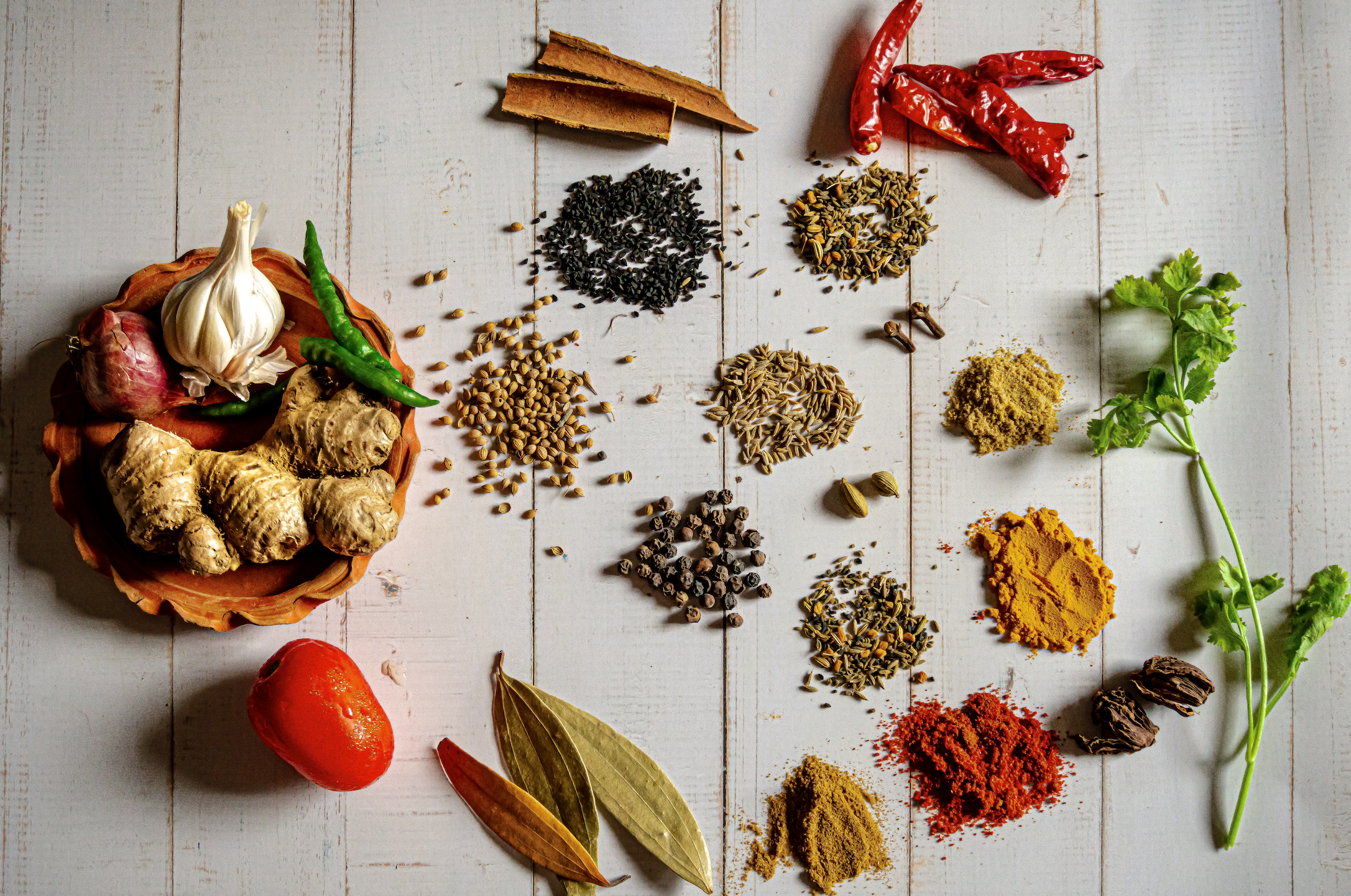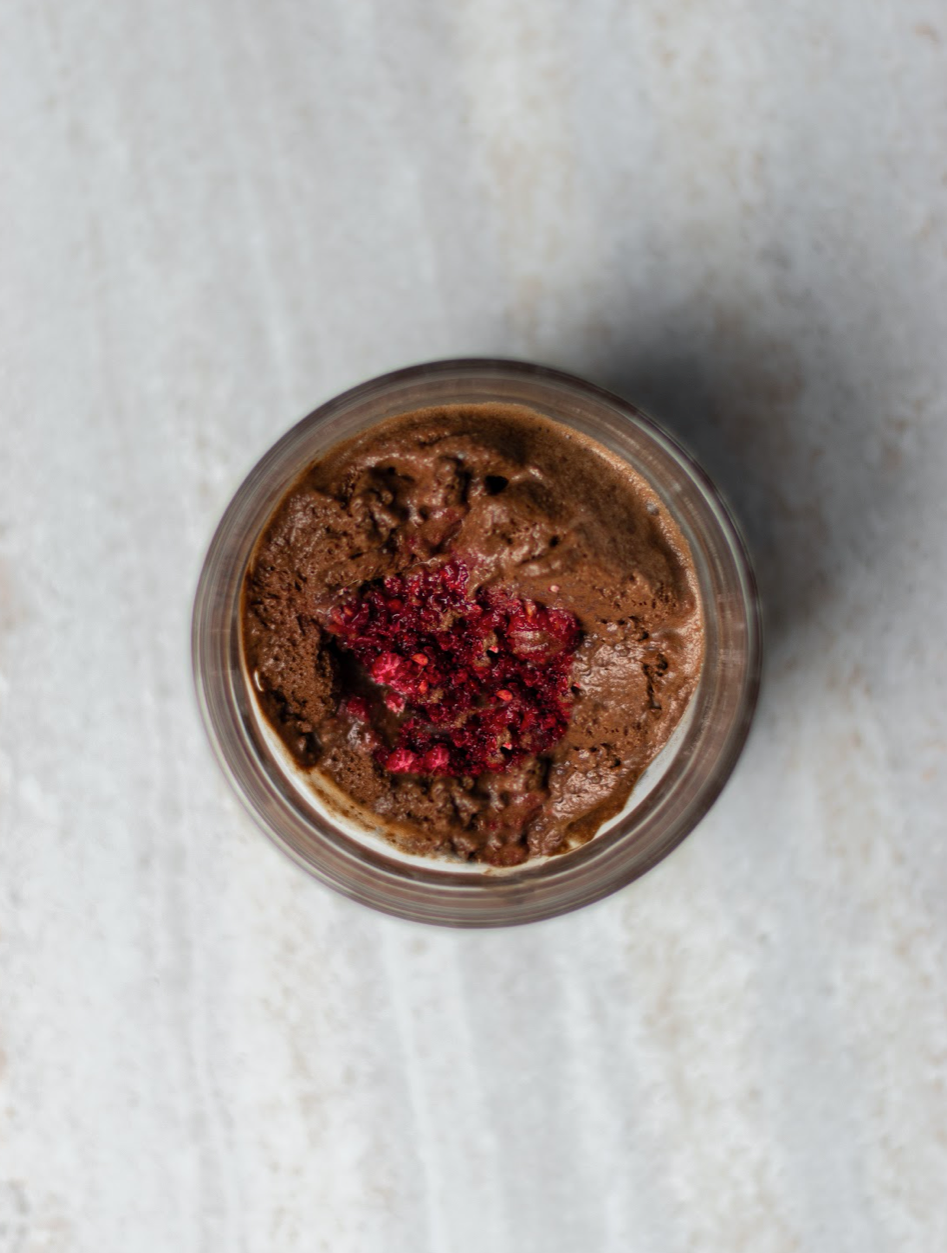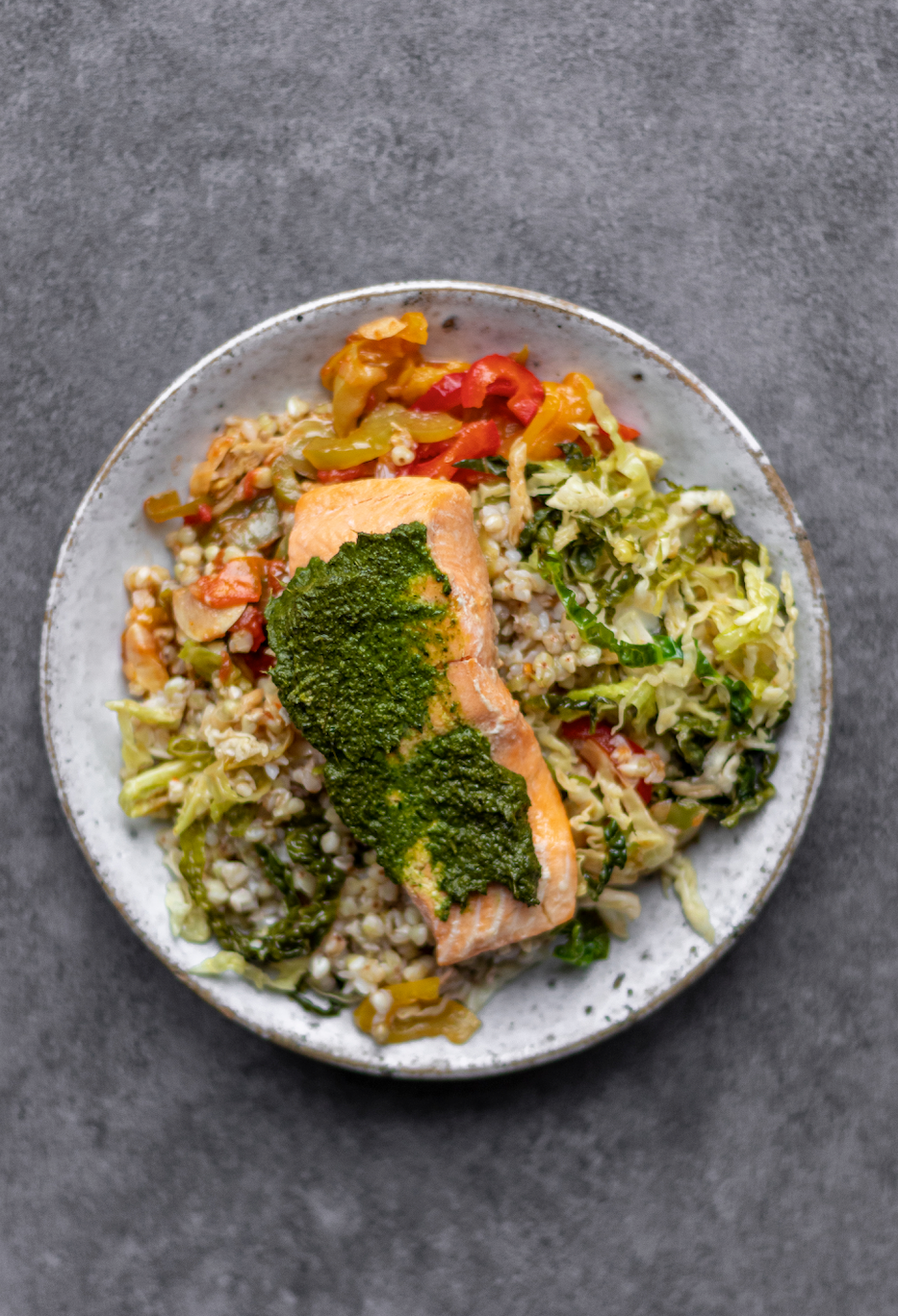
Spice up your life with these Nutritionist approved spices
Time to dust off those neglected spices in the cupboard and add some vibrancy to your meals! Yes, salt and pepper can be great additions to any meal, but there is such a fantastic variety of spices to select from around the world.
Here are four of our favourites and tips on how to make the most out of them.
Turmeric
Turmeric comes from the ginger family and contains an antioxidant called Curcumin. The spice has been used for centuries in Ayurveda and Chinese medicine, while modern scientific research also backs its anti-inflammatory effects. Curcumin absorption can be enhanced by piperine, found in black pepper. Combine the two spices in meals to get the most of turmeric’s benefits.
Cinnamon
The health benefits of cinnamon have been widely studied, portraying potential blood-sugar regulating, cognitive-enhancing and cardio-protective properties, among others. Animal studies by (Anderson et al. 2013) show that cinnamon may increase the brain’s ability to use glucose for energy and play a role in Alzheimer’s prevention by improving insulin signalling in the brain. In addition, a systematic review and meta-analysis (collection of high quality studies) in humans (Allen et al. 2013) has demonstrated that cinnamon reduces fasting blood sugar levels, as well as cholesterol.
Sage
Multiple acidic compounds found in sage are also considered as antioxidants. For example, ellagic acid is a tannin, which binds to tumour cells, thus potentially preventing their growth and spread (Ceci et al. 2018). Ellagic acid may also be beneficial for gut health, due to its anti-inflammatory characteristics. In some studies it has been shown to aid in the treatment of gut-related diseases, such as ulcerative colitis.
Dill
Dill powder has been shown to reduce insulin resistance, which is a risk factor for type II diabetes. The same study also suggests that LDL-cholesterol (the bad type) is reduced, while HDL-cholesterol (the good type) is increased (Haidari et al. 2020). Another randomised, double-blind controlled trial (high quality type of research) confirms dill’s ability to reduce blood lipids, which increase the risk of metabolic syndrome. Metabolic syndrome is a combination of increased risk of heart disease, stroke and type II diabetes (Daru et al 2012).
Fancy trying your own vibrantly spiced dishes? Kurami has you covered! Try your Signature meal path today.
References
Anderson et al.
https://pubmed.ncbi.nlm.nih.gov/24349472/
Allen et al.
https://pubmed.ncbi.nlm.nih.gov/24019277/
Ceci et al.



